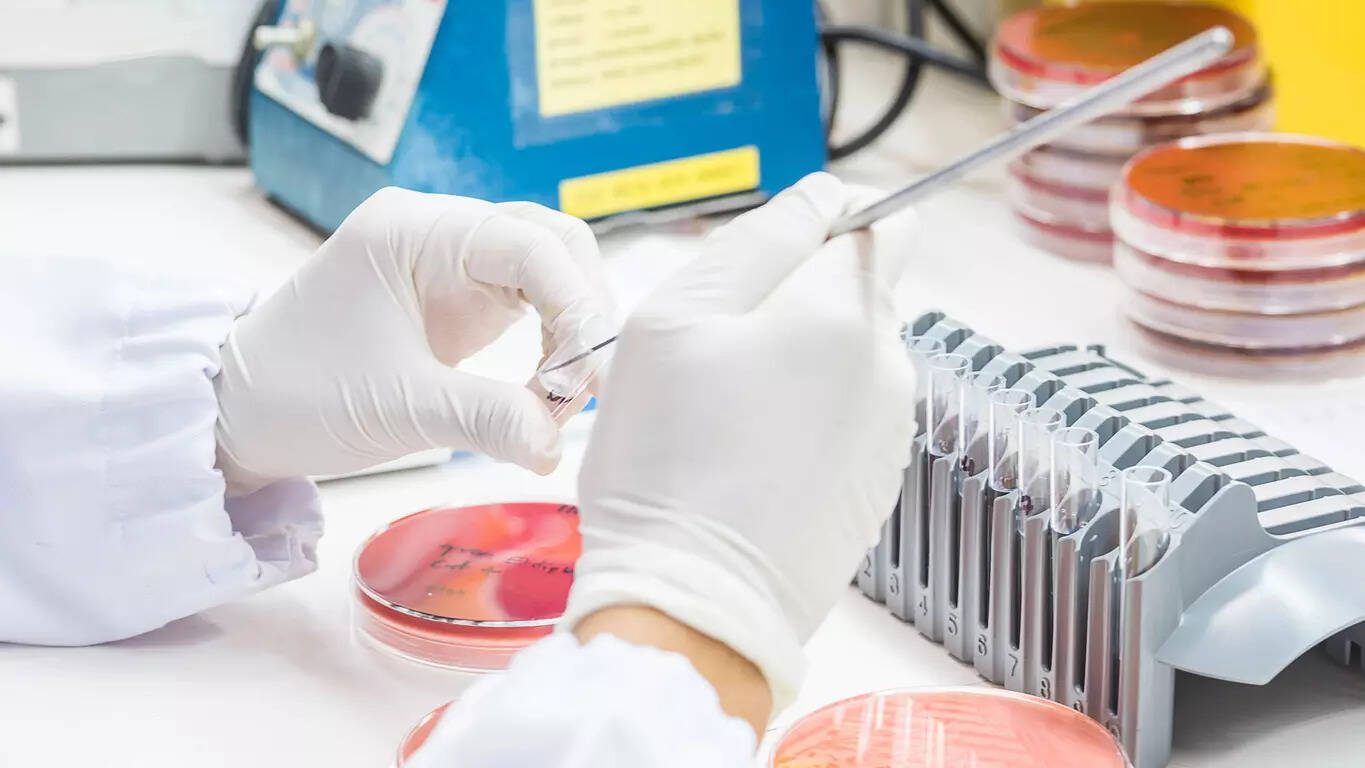
Vadodara: A research project that aims to eliminate drug-resistant bacteria without antibiotics has received a grant of Rs 62 lakh from the Gujarat govt.
The study, initiated by Dr Dhara Patel, dean of the Faculty of Medical Sciences at Charusat University in Changa, aims to directly target pan-drug resistant bacteria, one of the greatest global health threats.
Patel’s study is set to run for three years. Her co-investigator is Dr Sishir Gang, chairman of the nephrology department at Muljibhai Patel Urological Hospital in Nadiad.
The World Health Organization’s projections state that antibiotics could become obsolete by 2050, making even minor infections potentially fatal. The emergence of pan-drug resistant bacteria – microbes that resist all known antibiotics – has accelerated the urgency for alternative treatment strategies.
“Our goal is to identify molecular pathways – what we are calling ‘kill switches’ – within these resistant bacteria,” said Patel. “If we can understand how to trigger these internal mechanisms, we may be able to force the bacteria to shut down or self-destruct, much like activating an internal alarm system. This approach could provide a powerful alternative to traditional antibiotics.”
The focus of the study in dialysis patients, in whom bacterial infections often compromise tunnelled cuffed catheters – a vital lifeline for kidney failure patients. These catheters frequently fail due to colonization by drug-resistant bacteria, forcing painful, costly and dangerous replacement.
Vadodara: A research project that aims to eliminate drug-resistant bacteria without antibiotics has received a grant of Rs 62 lakh from the Gujarat govt.
The study, initiated by Dr Dhara Patel, dean of the Faculty of Medical Sciences at Charusat University in Changa, aims to directly target pan-drug resistant bacteria, one of the greatest global health threats.
Patel’s study is set to run for three years. Her co-investigator is Dr Sishir Gang, chairman of the nephrology department at Muljibhai Patel Urological Hospital in Nadiad.
The World Health Organization’s projections state that antibiotics could become obsolete by 2050, making even minor infections potentially fatal. The emergence of pan-drug resistant bacteria – microbes that resist all known antibiotics – has accelerated the urgency for alternative treatment strategies.
“Our goal is to identify molecular pathways – what we are calling ‘kill switches’ – within these resistant bacteria,” said Patel. “If we can understand how to trigger these internal mechanisms, we may be able to force the bacteria to shut down or self-destruct, much like activating an internal alarm system. This approach could provide a powerful alternative to traditional antibiotics.”
The focus of the study in dialysis patients, in whom bacterial infections often compromise tunnelled cuffed catheters – a vital lifeline for kidney failure patients. These catheters frequently fail due to colonization by drug-resistant bacteria, forcing painful, costly and dangerous replacement.

